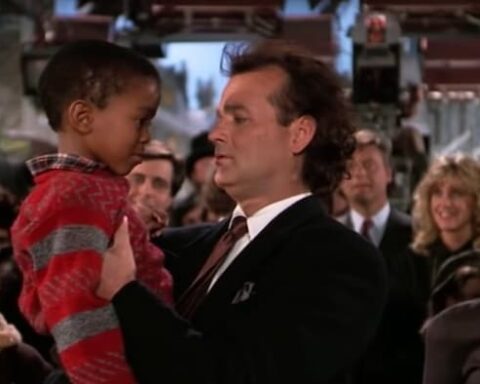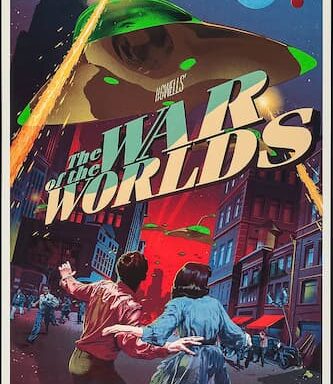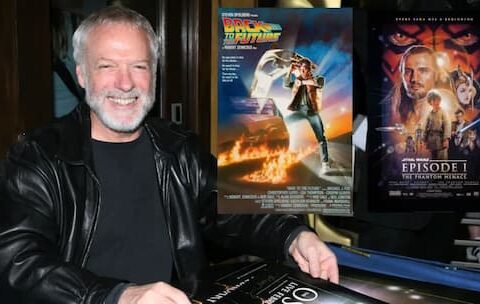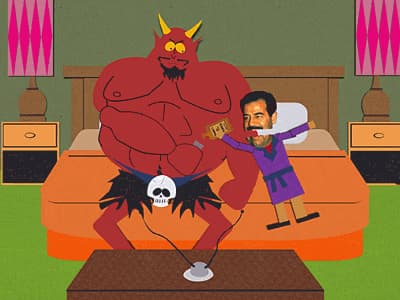There are few, if any, MCU movies that I dislike.
I enjoy most of them: obviously some more than others. Some have been fairly forgettable – which is to be expected in a franchise that has produced over 20 films at this point.
One of those I don’t like as much as I wish I could is 2016’s Captain America: Civil War – a movie that seems to be generally well-regarded by fans, but which I personally struggle to love.The first problem isn’t really a problem with the film itself, but rather looking at it in the context of the comic-book source-material.
The original Civil War storyline (2006) was such a huge event, spanning so many books and involving so many characters, that the Civil War film adaptation seems inevitably small and minor (by comparison).
Granted, it’s not the MCU’s fault that it didn’t have access to the Fantastic Four or the X-Men, etc. But when you’re familiar with the source-material and then you get to Captain America: Civil War and it’s just a handful of characters fighting in an airport… well, it inevitably feels like quite a step down.
But, as I said, that’s not so much an issue with the film and more an issue with perspective: most cinema-goers probably don’t have this problem or this history/perspective coloring their view of the film.
Actually, my real problems with Civil War are something different.
My first – and main – issue is that the key issue of the film (and the core of the conflict) becomes unnecessarily muddied, compromised or confused.
What do I mean?
Well, to start with, the cause of the division between the two ‘sides’ (one led by Cap, the other by Tony) is moral or ethical disagreement over government policy – specifically the plan to force superhero ‘registration’ and force superheroes to submit to state control and monitoring.
That’s fine: that’s a great premise for the film. And it’s pretty close to the original comic-book premise; the original Civil War books having been written in the context of the post-9/11 climate and things like the Patriot Act, etc.
While the film is centered on this theme and this ideological conflict, it remains engaging.
The problem is that, later in the film, the writers CHANGE the nature of the conflict – change the nature of the theme. Instead of being an idealogical or political conflict, it becomes a personal one instead: when Tony learns that Bucky actually murdered his parents in the past and that Cap knew about this and never told him.
As soon as that happens, the film becomes a lot less interesting.
The idea of these two iconic figures or heroes falling out over a divisive idealogical issue or position was why this film was interesting: it explores issues of perceived right-and-wrong and how idealogical differences can split families and turn friends against each other. It was about deeply-held convictions and ethical positions – about different personalities or viewpoints reacting to something in very opposite ways.
All of that is great. There was no need to then turn it into a story about ‘your friend killed my Mom and Dad’. Because that’s so much less engaging and less challenging.
Once that happens, it also takes all of the power away from the original theme or original reason for the conflict: now no one cares about the political or ideological basis for the fallout – instead, it’s all about personal beef. This somewhat confuses or muddies the narrative and even the point of the story.
The revelation that Bucky killed Howard and Maria Stark also just doesn’t sit right anyway. I just don’t buy this twist: and I don’t buy that Cap knew about it and never said anything to Tony. So this makes the problem even worse, in storytelling terms.
That final, brutal fight between Cap and Tony at the end would’ve been so much more powerful and dramatic if the film had just stuck to the original theme – a political/idealogical fallout. After all, countries go to war over idealogical or political differences – so having these two iconic figures and friends go to war with each other over just such an issue is like a microcosm.
As it is, I don’t find that fight engaging at all – because it’s based on what feels like a hastily manufactured plot twist that in itself isn’t particularly believable anyway.
In my opinion, the film shoots itself in the foot: and the first half is far better than the second half. The second half actually feels like a different movie entirely: as if a different set of writers came in.
Part of the problem is possibly that the film just didn’t need to make Bucky so central: and that by making Bucky so central to the ‘Civil War’, the writers ended up in a messy situation.
In fact, you could eliminate this whole ‘twist’ ending (Bucky having killed Tony’s parents, etc) and just have Cap and Tony fighting because of their opposing views on the Registration Act – and it wouldn’t effect anything that comes after (Infinity War and Endgame): Cap and Tony would still be alienated from each other and not on speaking terms.
In the end, Civil War feels like only a shadow of the film it could’ve – and should’ve – been.
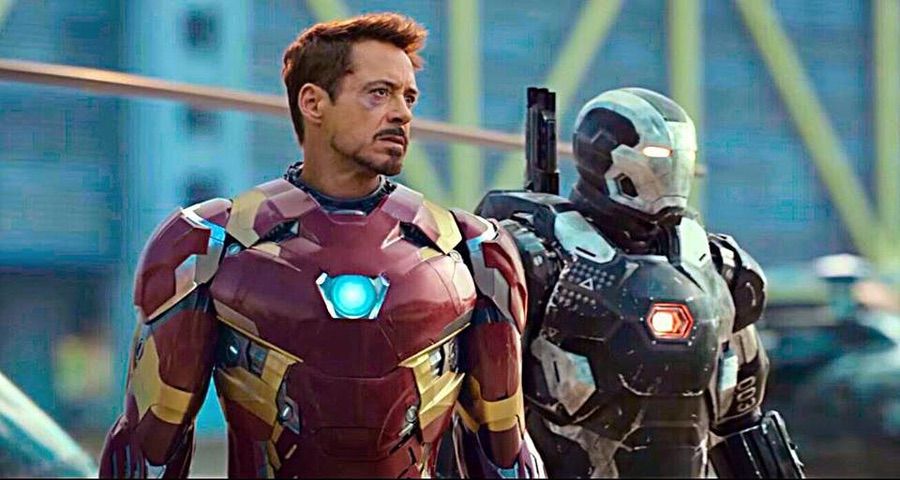
The other missed opportunity that really could’ve made this film more powerful is this: Rhodey should’ve died when he fell out of the sky. If the Rhodes had died, this story would’ve carried much more weight and impact. If Rhodey had died, then the degree of Tony’s anger – and his fight with Cap – would’ve made sense in a way that would’ve negated the need for the Bucky twist.
I like Rhodey (and Don Cheadle’s portrayal), but his death here would’ve meant so much in narrative terms. And, in all honesty, Rhodes isn’t that important to Infinty War or Endgame anyway.
Just imagine how much more powerful that Cap/Tony fight at the end would’ve been if it had been because Rhodey was dead.
In this instance, the Russos’ clearly were unwilling to sacrifice a character – even though the story definitely called for it. Even Marvel Comics’ Civil War II storyline (2016 ‘sequel’ of sorts to the original story) knew it had to have an impactful loss to make the story work: which in that instance turns out to be Tony himself.
Without that sacrifice or loss, all of the fighting in the airport scene just doesn’t matter or carry any weight: and the subsequent Cap/Tony fight instead requires a late, questionable plot twist to justify it.
I also think that whole airport fight scene itself – despite some fun moments – is not great. It feels silly (especially the money-shot of
the two sets of characters slowly running at each other); and, more importantly, it doesn’t feel like something that would’ve happened at all. It feels like a bunch of things that those characters simply wouldn’t have done. The only character in that sequence that feels like they’re acting legitimately is the Black Panther.
Yet another thing that fell far short of its potential was the botched introduction of Baron Zemo – a very important villain in the comic-book mythology. In this film, however, Zemo is virtually a non-entity – nothing close to the presence or character he should be. I’m not necessarily saying he should’ve been in the classic Zemo outfit (though that would’ve been great): but he certainly should’ve been a much more impressive or impactful introduction.
If Zemo had been introduced with as much flair or care as Black Panther and Spiderman were, this would’ve made the ending more interesting.
All of this being said, I’m not saying I hate Civil War. I actually enjoy some of it. The Spiderman/Peter introduction is really fun. The Black Panther introduction is handled superbly. And some of the earlier conflict and debate is really interesting: and had the film not deviated from that earlier tone and theme, it would’ve fared better overall.
But whenever I watch this film, all I can really think about is how rushed and messy it feels: and how much better and more powerful it could’ve and should’ve been.

